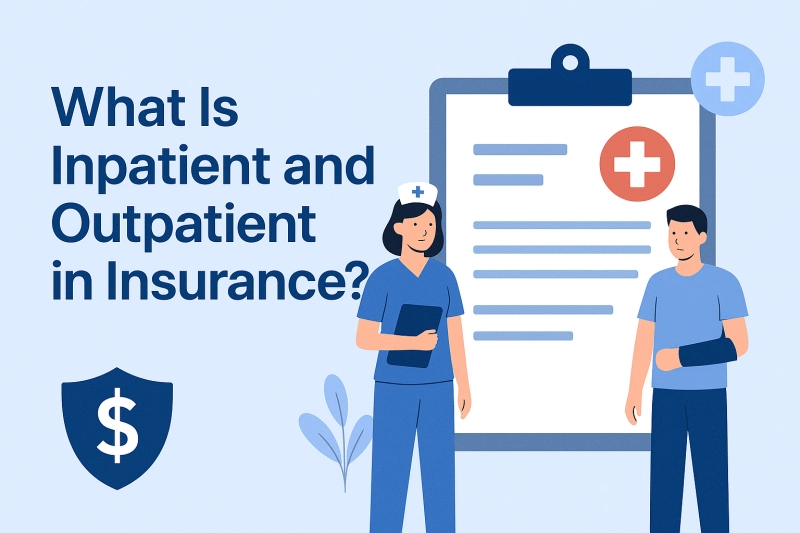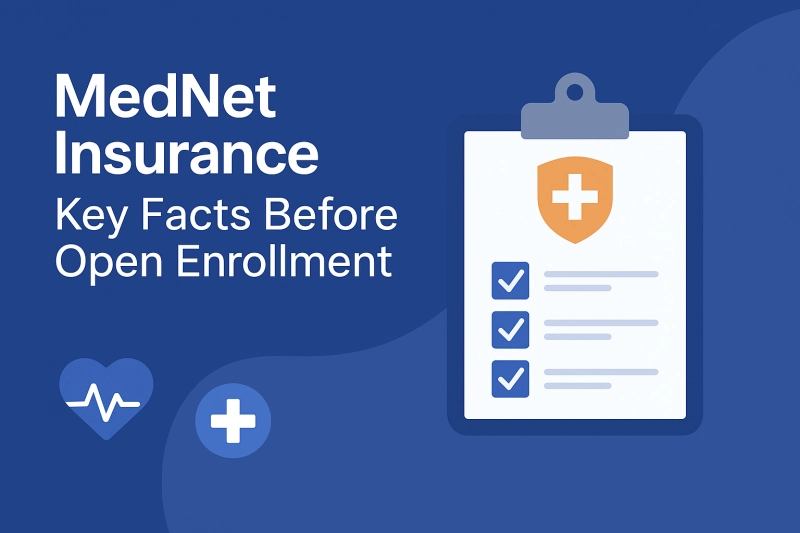Understanding the difference between inpatient and outpatient treatment is essential when comparing UAE medical plans. Misinterpreting these terms can lead to surprise bills or inadequate cover. This guide breaks down each category, shows how insurers apply limits and co-pays, and helps you choose the right blend for your needs.
Inpatient vs Outpatient: Quick Definition
| Term | Typical Setting | Duration | Example Services |
|---|---|---|---|
| Inpatient | Admitted to hospital, overnight stay required | 24 hours or more | Surgery, childbirth, ICU care |
| Outpatient | No overnight stay, clinic or day surgery | Same-day discharge | GP visit, MRI scan, physiotherapy |
Why the distinction matters
Insurers price inpatient cover higher because hospital accommodation, theatre fees and nursing care create larger claims. Outpatient benefits, however, are used more often - think doctor consultations or lab tests—so co-pays and annual caps help control costs. Comparing both categories side by side lets you see where a cheaper plan might fall short.
Common Inpatient Benefits in UAE Policies
- Private or semi-private room and board
- Surgeon, anaesthetist and operating room charges
- ICU and high-dependency unit fees
- Prescription drugs during admission
- Diagnostic tests and imaging
- Post-surgery rehabilitation up to a set limit
Most comprehensive plans offer an annual aggregate inpatient limit of AED 500 000 to AED 1 million, while budget Essential Benefits Plans cap it around AED 150 000.
Typical Outpatient Components
- GP and specialist consultations
- Diagnostic imaging (X-ray, CT, MRI)
- Laboratory tests
- Prescription medicine collected from pharmacies
- Physiotherapy and chiropractic sessions
- Minor day-care surgery such as endoscopy
Co-insurance rates range from 10% to 30%, and many insurers impose a visit cap or monetary sub-limit (e.g., AED 3 500 per year).
How insurers apply co-pays and deductibles
An outpatient visit might carry a flat AED 25 co-pay, while inpatient admissions can have a 10% co-insurance capped at AED 500 per encounter. Always check whether the cap applies per visit or per year. insurancehub.ae advisers can translate fine print into real-world cost estimates, so you avoid unpleasant surprises.
Choosing the right balance
- Young, healthy expat: A high inpatient limit with modest outpatient coverage may suffice.
- Family with children: Frequent paediatric visits justify higher outpatient caps.
- Chronic condition patient: Opt for unlimited or high outpatient benefits for regular follow-ups and medication.
Conclusion
Understanding the split between inpatient and outpatient care - and how each is reimbursed—helps you compare plans on more than just price. Evaluate your health profile, forecast service usage and review benefit caps carefully. When uncertain, consult an independent expert at insurancehub.ae to tailor coverage that protects both your health and your budget.






